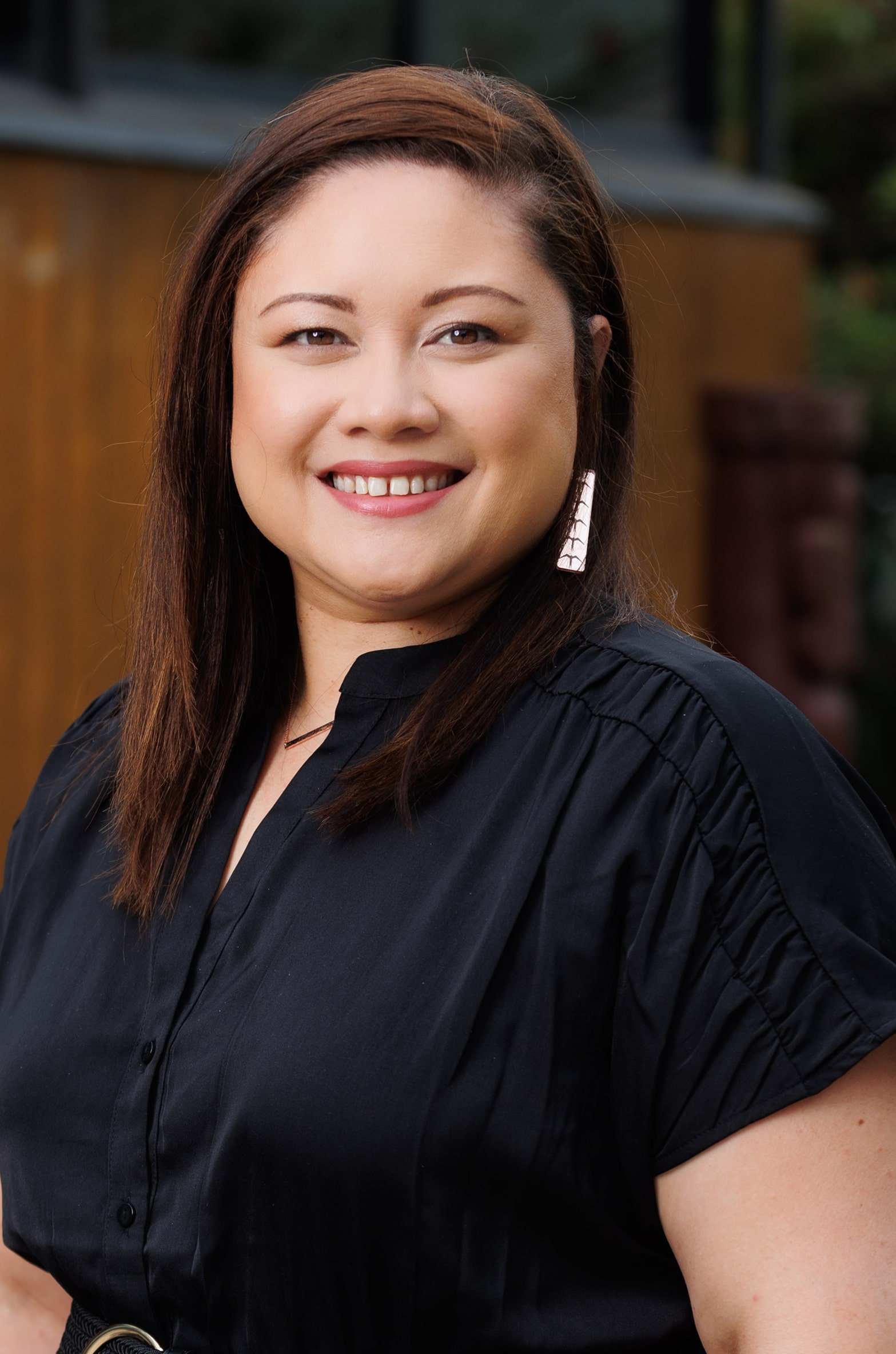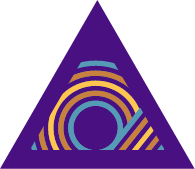
Tangata o le Moana
O le maota e fola i le tōfā, ae pola i fetalaiga.
The house that is laid with principles, and protected with oratory.
The house that is laid with principles, and protected with oratory.
We prioritise the importance of inclusion and respect for all
stakeholders' perspectives and knowledge.
stakeholders' perspectives and knowledge.
x
Experience
About me
What are your favourite parts of your role?
What are your areas of interest?
Examples of our Pacific-specific projects






























